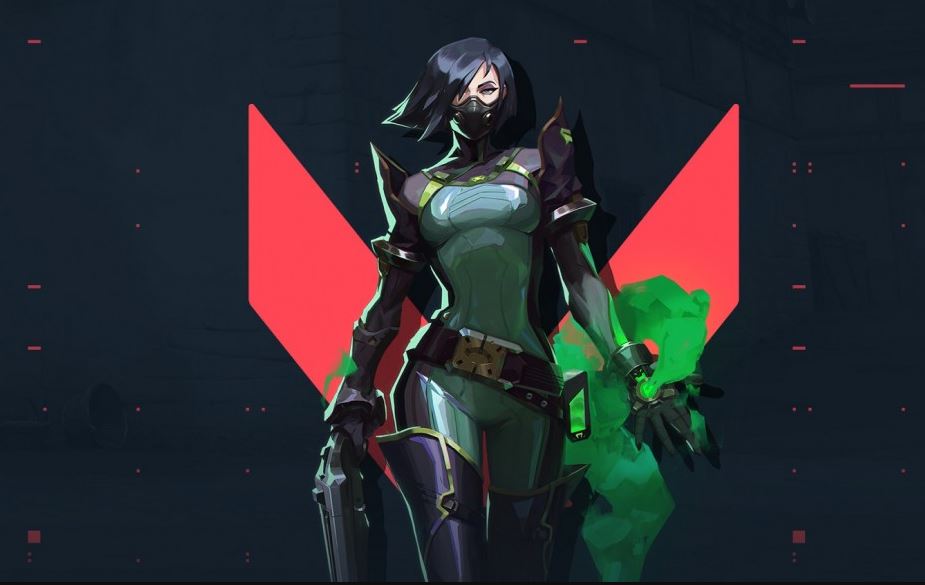Valorant will run on surprisingly low-end PCs
Got a crappy PC? You can probably still run Riot's upcoming shooter.


Valorant release date: When will it fully launch?
Valorant characters: All the hero abilities
Valorant ranks: How you'll be progressing
Valorant error codes: How to solve them
Valorant tips: Get more wins
Valorant beta: How to get in
Valorant guns: Damage, recoil patterns, and more
Now that Riot has finally pulled back the curtain on Valorant, the 5v5 CS:GO-meets-Overwatch shooter formerly known as Project A, the details are starting to flow. We've got information on the game's characters, we've got a closer look at the netcode and anti-cheat systems that keep it all running, we've got a hands-on preview that you should probably spend some time with, and now we've got the lowdown on what sort of PC you'll need if you want to play.
Riot said Valorant is optimized for "a wide variety of PC hardware," and while high-end rigs will obviously see better performance, the baseline system requirements are surprisingly light.
Minimum (30 fps):
- OS: Windows 7/8/10 (64-bit)
- RAM: 4GB
- CPU: Intel i3-370M
- GPU: Intel HD 3000 (1GB VRAM)
Recommended (60 fps):
- OS: Windows 7/8/10 (64-bit)
- RAM: 4GB
- CPU: Intel i3-370M
- GPU: Intel HD 3000 (1GB VRAM)
High-end (144+ fps):
- OS: Windows 7/8/10 (64-bit)
- RAM: 4GB
- CPU: Intel Core i5-4460 3.2Ghz
- GPU: Nvidia GTX 1050 Ti (1GB VRAM)
My guess is that we'll get a more detailed breakdown of the hardware requirements ahead of a planned beta test. There's no date on that yet, but Riot expects that, barring unforeseen disaster, Valorant will be out this summer.
Keep up to date with the most important stories and the best deals, as picked by the PC Gamer team.

Andy has been gaming on PCs from the very beginning, starting as a youngster with text adventures and primitive action games on a cassette-based TRS80. From there he graduated to the glory days of Sierra Online adventures and Microprose sims, ran a local BBS, learned how to build PCs, and developed a longstanding love of RPGs, immersive sims, and shooters. He began writing videogame news in 2007 for The Escapist and somehow managed to avoid getting fired until 2014, when he joined the storied ranks of PC Gamer. He covers all aspects of the industry, from new game announcements and patch notes to legal disputes, Twitch beefs, esports, and Henry Cavill. Lots of Henry Cavill.

